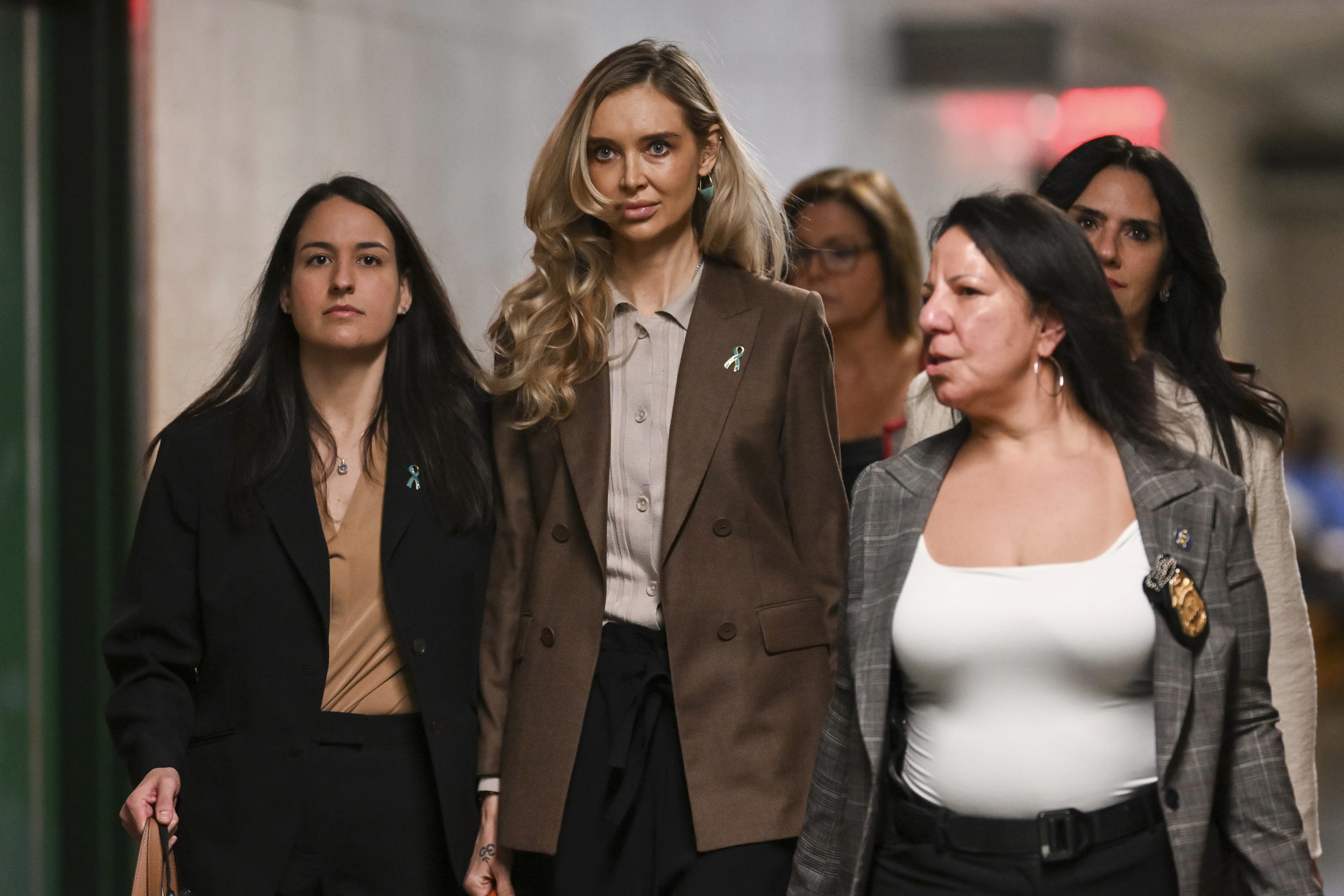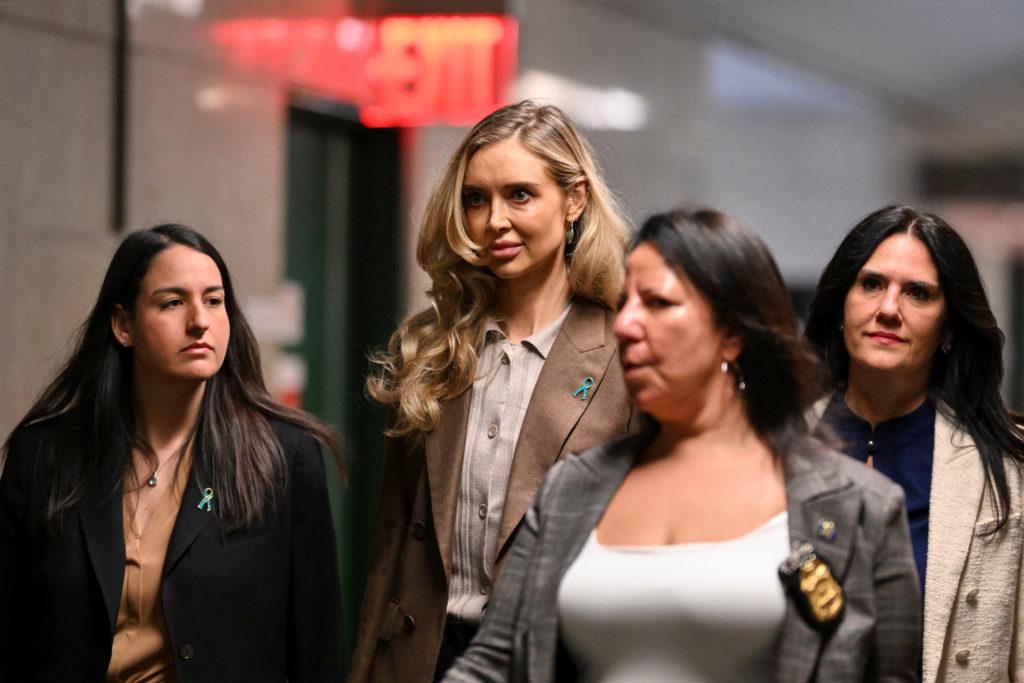Kaja Sokola, a former fashion model and current psychotherapist, testified in Harvey Weinstein’s retrial on sexual assault charges. During her testimony, Sokola was confronted with a journal she had written in 2015, where she mentioned at least two individuals who had sexually abused her. Notably, Weinstein was not listed among them, despite the fact that he is the central figure in the ongoing trial.
Weinstein’s lawyer, Michael Cibella, pointed out that her journal failed to include Weinstein’s name in connection with any sexual abuse, highlighting this as an inconsistency in her testimony. Instead, Sokola mentioned Weinstein in the context of unfulfilled promises of help.
Defense Challenges Sokola’s Credibility Using Journal, Judge Questions Authenticity and Evidence Inclusion
The defense used the journal as a key piece of evidence to challenge Sokola’s credibility. Cibella argued that Weinstein’s only mention in the journal was related to promises he made to help her, which she claimed were never kept. He suggested that the trauma she experienced was not the result of sexual assault, but of unfulfilled promises.
Sokola, however, disagreed with this interpretation and maintained that Weinstein had sexually assaulted her, despite what was written in the journal. The confrontation over the journal intensified when Sokola expressed her discomfort at the public disclosure of personal information she considered part of her therapy for substance abuse.

Judge Curtis Farber, presiding over the trial, expressed concerns about the journal’s inclusion as evidence. He questioned how the defense had obtained what seemed to be private medical records and was cautious about the completeness and authenticity of the journal. Farber also indicated that the defense could face consequences if the use of the journal backfired, signaling the risk the defense was taking by focusing on it. Prosecutors were opposed to the journal’s introduction as evidence, arguing that it could unfairly impact Sokola’s credibility.
Defense Scrutinizes Sokola’s Testimony, Discrepancies and Post-Assault Communications with Weinstein Highlighted
During the cross-examination, Weinstein’s lawyers aimed to discredit Sokola’s testimony. They scrutinized her 2020 interview with prosecutors, pointing out that she had not mentioned any forceful behavior by Weinstein in that conversation. Cibella questioned her about discrepancies between her earlier statements and her testimony, specifically asking if she had ever alleged that Weinstein used force during the alleged assault.
Sokola strongly denied the claim that she had not mentioned force, calling the assertion a lie. The defense also focused on her communications with Weinstein after the alleged assault, pointing to messages where she sought help with acting opportunities or attempted to meet with him in person, which they argued undermined her accusations.
Sokola’s testimony in the retrial follows her earlier statements about Weinstein’s exploitation of her dreams of an acting career. She detailed how Weinstein subjected her to unwanted sexual advances starting in 2002, when she was just 16 years old.
While some of her allegations fall outside the legal time limits for criminal prosecution, Weinstein faces charges related to a 2006 incident, in which Sokola alleges that he forced oral sex on her. This charge was added after an appeals court overturned Weinstein’s 2020 conviction. Weinstein, now 73, has pleaded not guilty to all charges and continues to deny any allegations of sexual assault.


